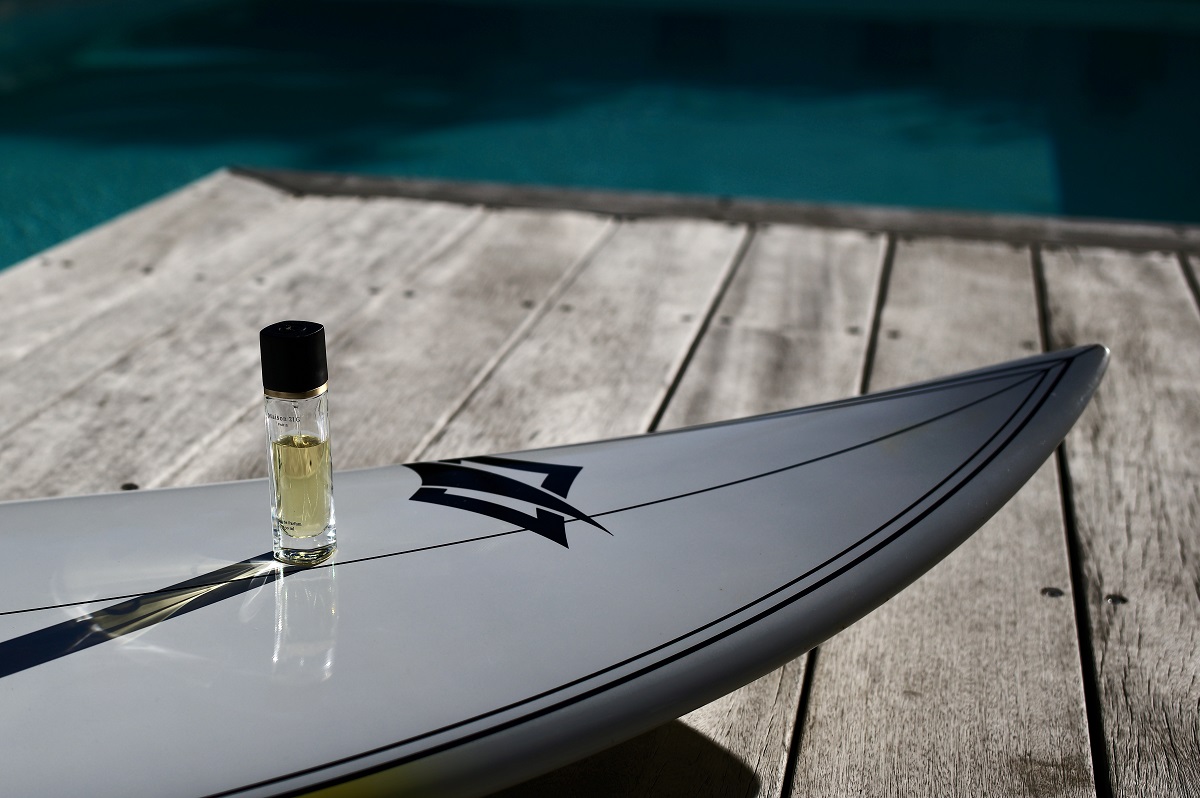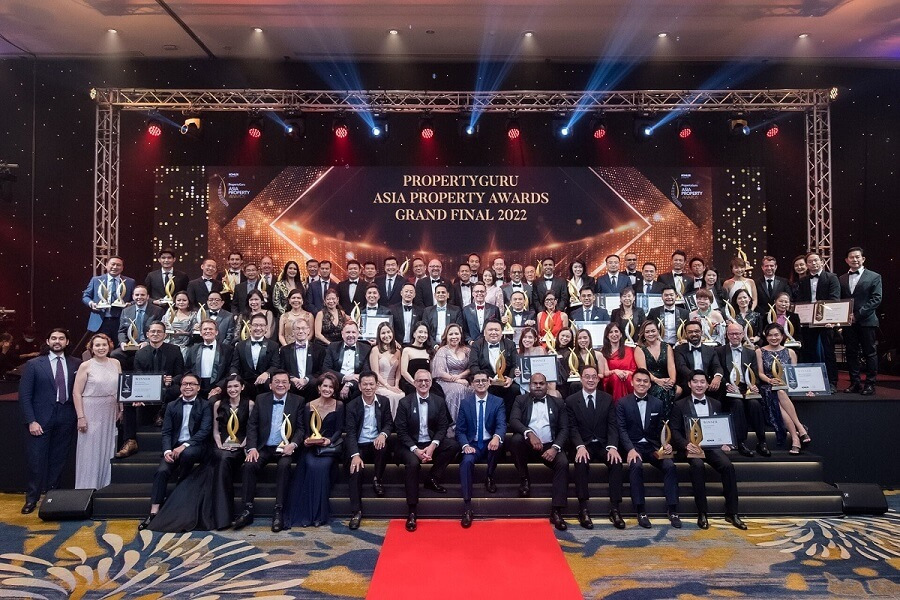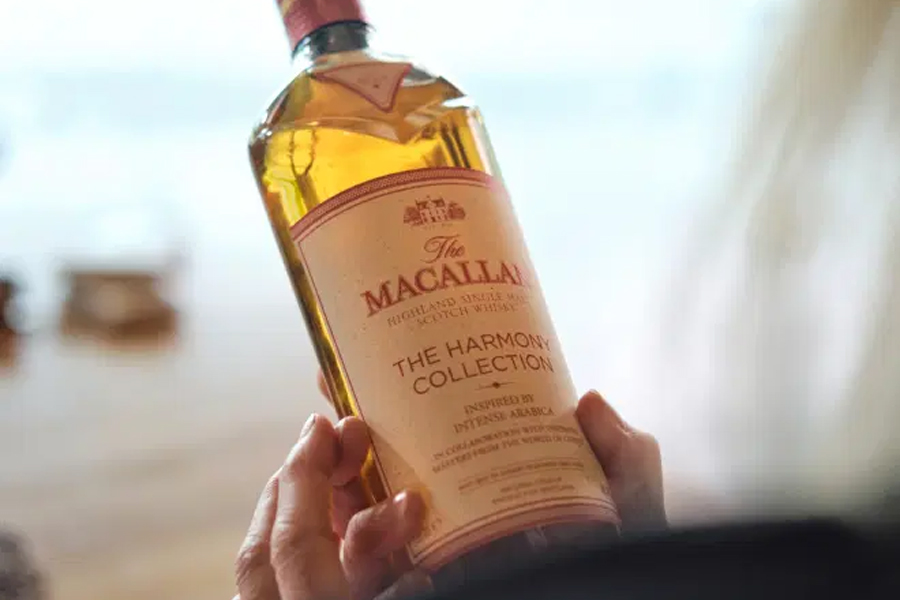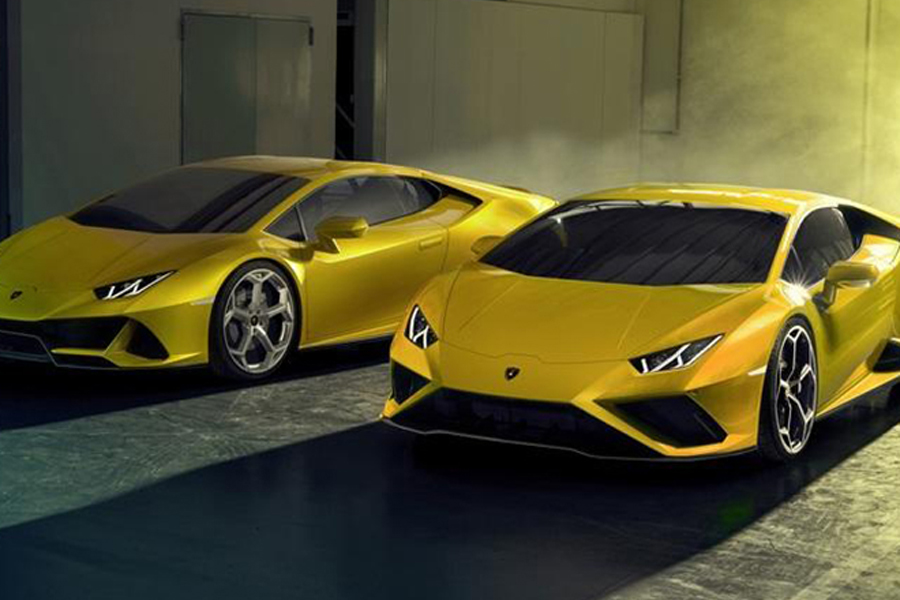 alt="2021: Record Sales For Luxury Cars"/>
alt="2021: Record Sales For Luxury Cars"/>
2021 proved to be a remarkable year for the luxury car sector as car manufacturers such as Bentley, Lamborghini and Porsche. All announced the companies had achieved a record-breaking year. Bentley delivered 14,659 cars, Lamborghini 8,450 cars and Porsche handed over 301,915 of its vehicles.

The Bentayga. Image: Bentley
When compared over the same period in 2020, the Crewe-based British marque grew by 31 per cent and the company attributed the growth to “new model introductions, fresh product portfolio and increasing demand for Bentley’s new hybridised models”. These are part of the car maker’s strategic plan — Bentley Beyond 100 — where its fleets of vehicles are to achieve full electrification by 2030.
The offering of new hybrid options further pushed its sales to greater heights and this was seen with its Bentayga, which the company said was its “number one model selling more in its fifth year of sales than ever before”. Closing in behind was the Flying Spur, which introduced a version in V8 engine in addition to the V12, and the Continental GT Speed.

The Flying Spur. Image: Bentley
Sales by regions saw the Americas occupying the largest portion with 4,212 cars sold and that represented an increase of 39 per cent to 2020. The strong performance was boosted by the introduction of the Continental GT Speed and a full year of sales of the Flying Spur. Following this is the market in China, which saw strong demand for its 4×4 vehicles like the Flying Spur and Bentayga — 4,033 cars were sold. Lastly, the markets in Europe, the Middle East and Asia Pacific all registered growth ranging from 15 per cent to 37 per cent.
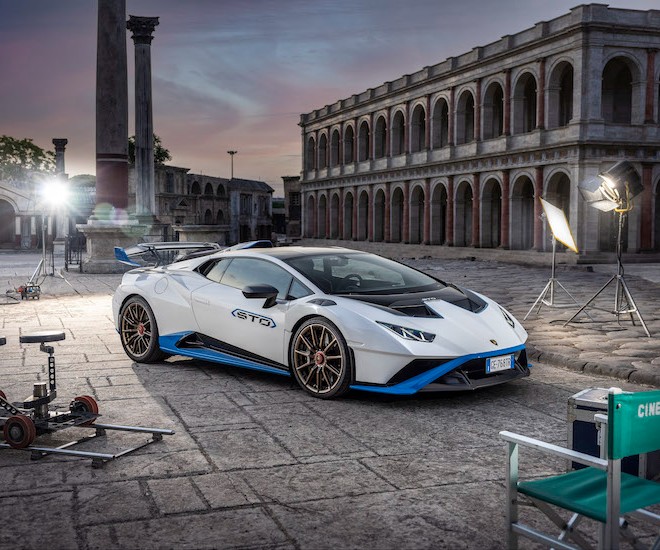
Lamborghini Huracan STO Bianco Asopo. Image: Lamborghini
On the other hand, for the Raging Bull, the Italian car maker posted a 13 per cent growth in sales when compared to 2020 and this was “due to a targeted and monitored growth strategy.” Lamborghini’s Urus Super SUV spearheaded the increase with 5,021 units delivered, followed by the V10-powered Huracàn (2,586 units) and the Aventador with a modest 798 units.
Double-digit growths were recorded across the company’s three key markets such as America (+14 per cent), Asia Pacific (+14 per cent) and EMEA (Europe, Middle East and Africa, +12 per cent). Furthermore, all three regions also saw a fairly balanced spilt in its sales volume, which stands at 35 per cent, 27% and 39% respectively.
According to the company, its 2022 production has already been planned thanks to the “substantial order portfolio”. Moving forward, the company will be investing €$1.5 billion over the course of four years into transforming its cars into fully electric vehicles by 2024 and reducing its carbon dioxide emission by half starting in 2025.

Porsche Macan GTS. Image: Porsche
For the German-based carmaker, its sales grew by 11 per cent when compared to 2020 and the largest increase was seen in the American market while China remains to be the biggest single market for the company.
“Demand remains high and our order books are looking very robust, so we start 2022 full of momentum and confidence in all regions of the world,” the company shared in a press release.
The marque’s top selling models were its SUVs, similar to other companies in this article. At the top is the Macan, which saw 88,362 deliveries and it is followed by the Cayenne — 83,071 vehicles delivered. Another notable result is its all-electric Taycan, which saw its demand double to 41,296 units.

Porsche Taycan Turbo S. Image: Porsche
Despite facing semi-conductor shortages, the company still manages to hit a record level of deliveries. The company also noted that about 40 per cent of the Porsche deliveries to Europe were electric, either plug-in hybrids or all-electric cars. Overall, the increased demand for electrified vehicles is on the rise and these companies are on the right track with their strategies for electrification.
2021 may be a difficult year for the other industries such as the travel sector as it continues to battle with the surge in infection cases across the globe, the same could not be said for the luxury car industry — it is booming!
